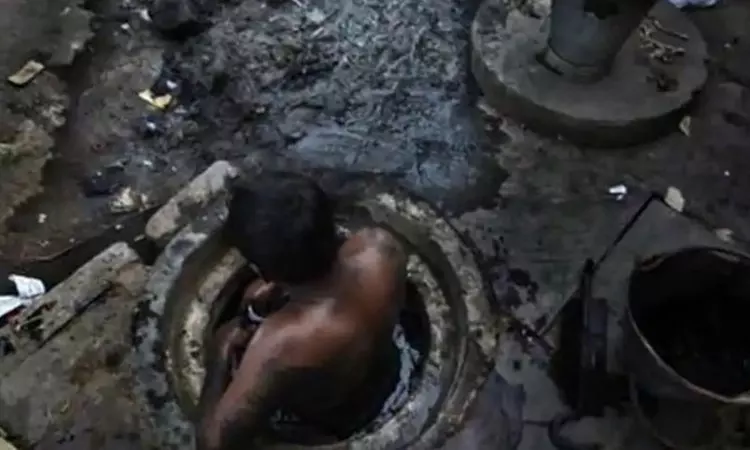Madras High Court Asks State To Consider Revising Quantum Of Compensation For Deaths Of Manual Scavengers
Sebin James
10 Nov 2021 8:00 PM IST

The court noted that Rs 10 lakhs for sewer deaths as fixed in 2014 may be too low because substantial time has elapsed since those directions.
Next Story


